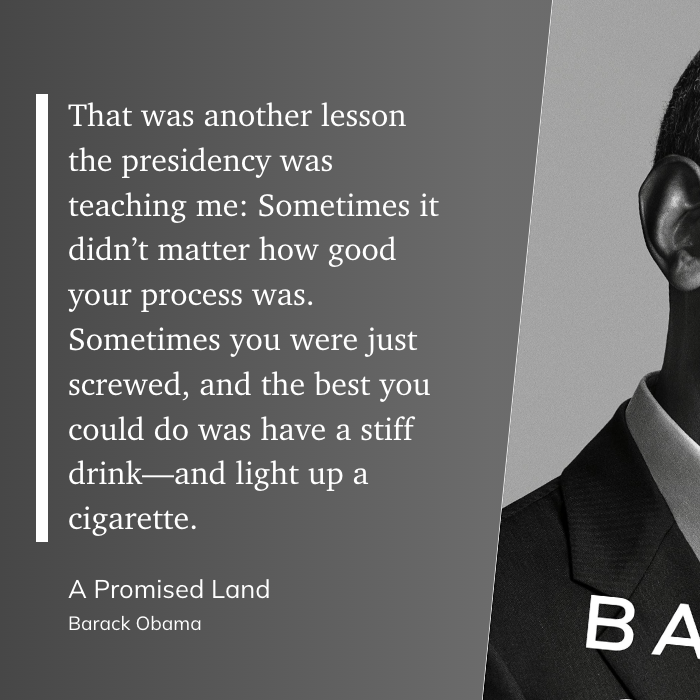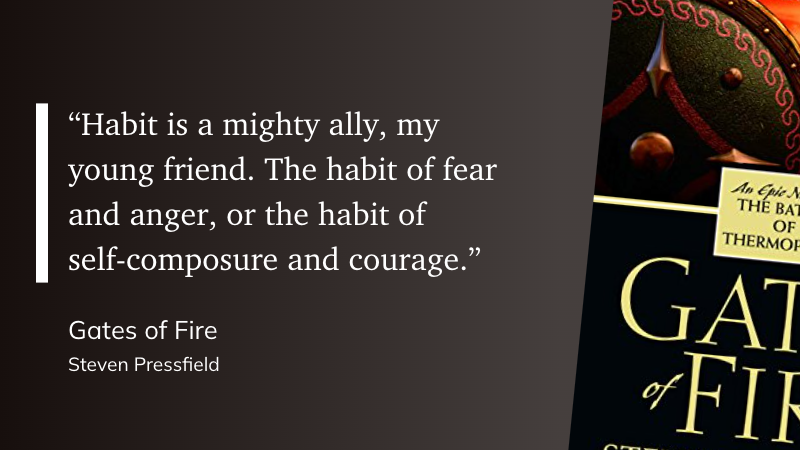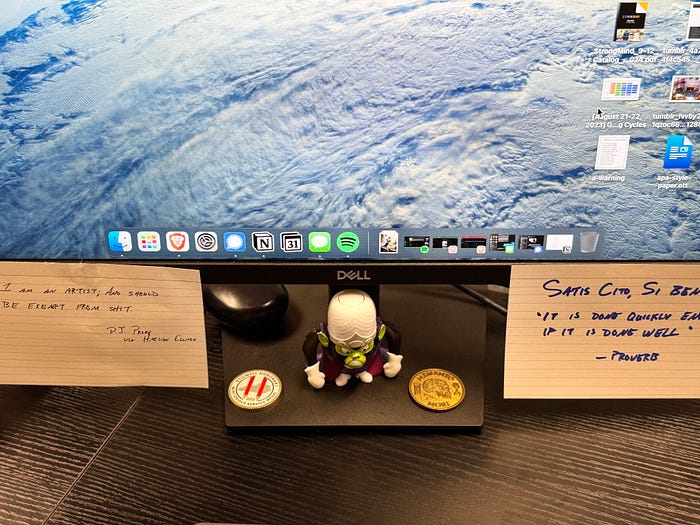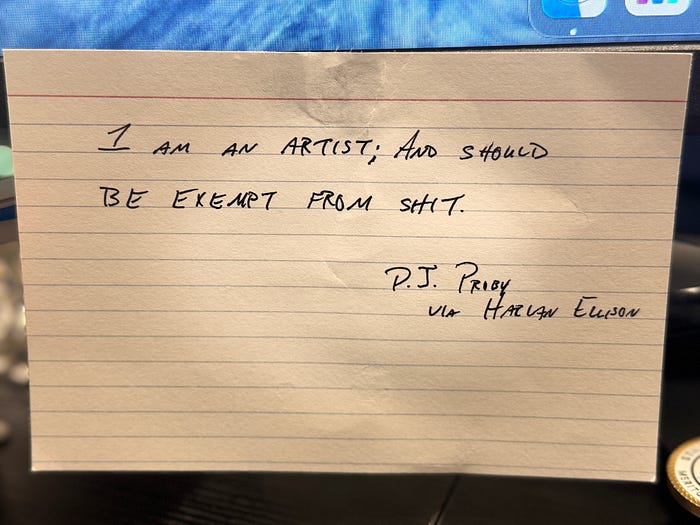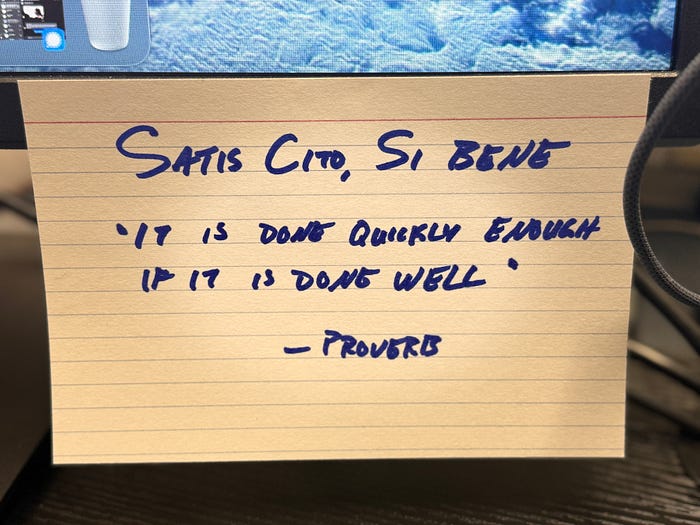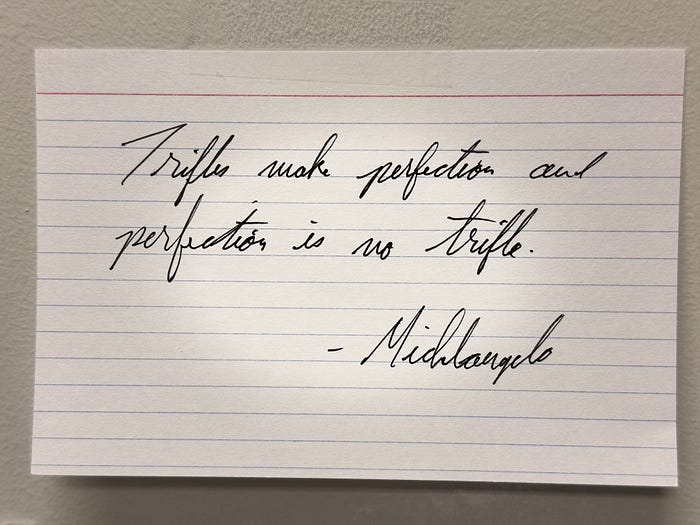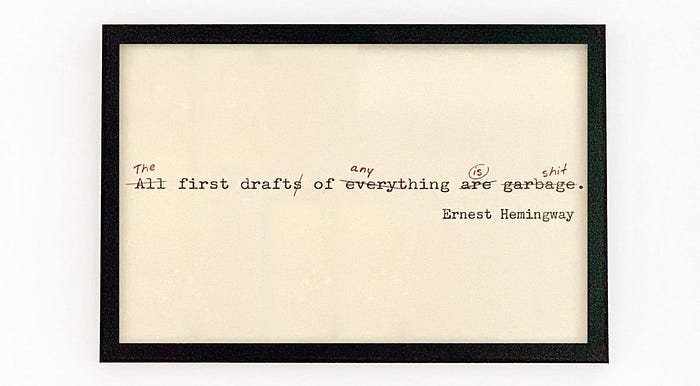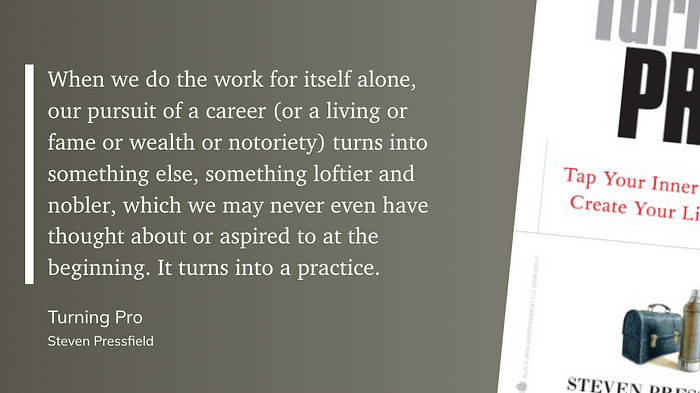
Sometime in the blur that was my high school life in the late 1900s, I sat in my Junior English class and listened to Sylvia Daugherty, the Great and Powerful, ramble on about something or other.
None of us minded her ramblings because she was simply brilliant. She was one of those teachers. You know, the ones who could make anything interesting. I often feel like, had I taken AP English with Momma D my senior year, I might have written a senior research paper and learned something from it rather than skipping it entirely and somehow still finding a way to pass senior English and high school.
But that’s a story for a different time…
Momma D used a lot of “country” phrases and sayings. I’m assuming they were country; I don’t know any other way to describe them. I don’t remember where she was originally from, but it was likely somewhere in the mountains of Appalachia. I’m sure she had family members who knew the Hatfields, the McCoys, or possibly both who had run more than their fair share of moonshine out of those mountains. She had a flair for storytelling that, even to a disinterested 11th-grade geek, could wrap you in a warm blanket and carry you to another world.
I still remember her expressions and tone of voice as we discussed Chapter 15 from The Grapes of Wrath—the “two for a penny” chapter—and how her eyes turned a little red and a single tear formed as she talked about this short tale of abject poverty and humanity at its best.
Some of us laughed at her country sayings, some didn’t. Some rolled their eyes, and a select few students of the “I can’t be bothered with anything of consequence” crowd sat still, staring off into the distance of future memories of the best times in their life scoring that touchdown on a Friday night that mattered to no one else but them.
Rarely was there a dull moment with Momma D. One day, I decided someone needed to take down all of her quotes, saying, and other nonsense for posterity, and that someone was me. I told my buddy, “I’m gonna write these things down. There’s a gold mine in here for someone.”
He looked at me, chuckled, and went on about his business. He wasn’t focused on Junior English or much of any other subject as he was too busy becoming one of the world’s premier musicians who would travel the world playing in symphony orchestra after symphony orchestra. Maybe I’ll tell you that story one day.
The funny part of all of this is my thinking that I would ever actually commit to writing anything down. Famously, I did very little throughout all high school, and that certainly held true for my collection, “Funny Crap Momma D Said in Class.”
I wrote down exactly ONE of her sayings. ONE. And, try as I might, I can’t tell you why I chose to write that one specific phrase down, but I did. And I’ve remembered it ever since.
We talked about when something would be done, and she said, “probably around the 31st of Juvember.”
Now, I’m pretty good at looking for things, especially since the dawn of the World Wide Web, and I can’t find a reference to this anywhere. However, I’m sure someone reading this is going to reach out and tell me it’s from a fascist manifesto and I deserve to be canceled (and I probably do, but not for this).
I’ve tried to work this little phrase into as many conversations as possible, mostly because it makes me laugh but also in the desperate search for anyone else that has ever heard it.
No luck on both counts. Why does no one else think it’s funny?
I’m telling you this story to underline the importance of writing stuff down. The importance of always carrying a notebook, writing pad, paper, or whatever you choose to write on in case you have an idea or come across something that makes you sad, glad, or angry.
I’ve talked about the idea of a commonplace book many times. There is power in writing things down on paper—yes, there’s actual research that writing on paper is better for retention than using a device—and going back through those things from time to time.
Commonplace books have long been tools for thinkers, authors, and leaders. Mark Twain, C. S. Lewis, W. H. Auden, Virginia Woolf, Marcus Aurelius, Anne Lamott, Robert Greene, Ryan Holiday, JFK, and many others all kept commonplace books in one form or another.
John Locke even wrote a book on writing commonplace books.
In Medieval Europe, they were sometimes called the florilegium (Latin for “a gathering of flowers”). Thomas of Ireland wrote a famous one called the Manipulus Florumi, which contained over 6,000 extracts from books in the library of the Sorbonne in Paris, organized by theme.
Commonplace books were once valued because books were so costly. But they may be even more valuable now because information is so cheap.
The Internet and the World Wide Web have made information so cheap and easy to access that it’s often difficult to sort through all the garbage and find the gems. Your commonplace book, along with many others, can help do the sorting.
I think every student needs a commonplace book. Not just for studying and learning, although they are a great tool for those things, but to have a way to remember all the things that mean something to us, no matter how silly or inconsequential they are.
Like the notes of a sixteen-year-old boy in his Junior English class over thirty years ago.
While reading Anne Lamott’s “Bird by Bird,” I thought about this moment and came to her chapter on index cards. Right beside some text I underlined, I wrote, “Sylvia Daugherty, 11th Grade, Juvember.”
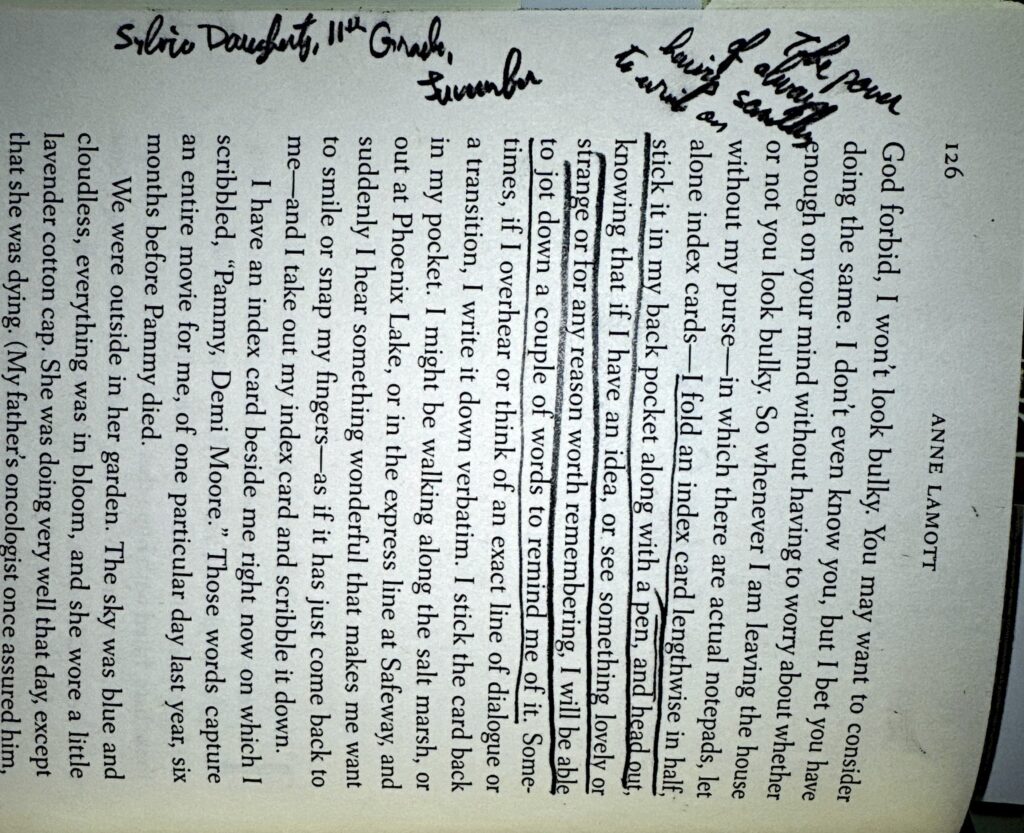
Write things down. You never know when you’ll need them or when they’ll bring you a moment of joy.
The Eclectic Educator is a free resource for everyone passionate about education and creativity. If you enjoy the content and want to support the newsletter, consider becoming a paid subscriber. Your support helps keep the insights and inspiration coming!
